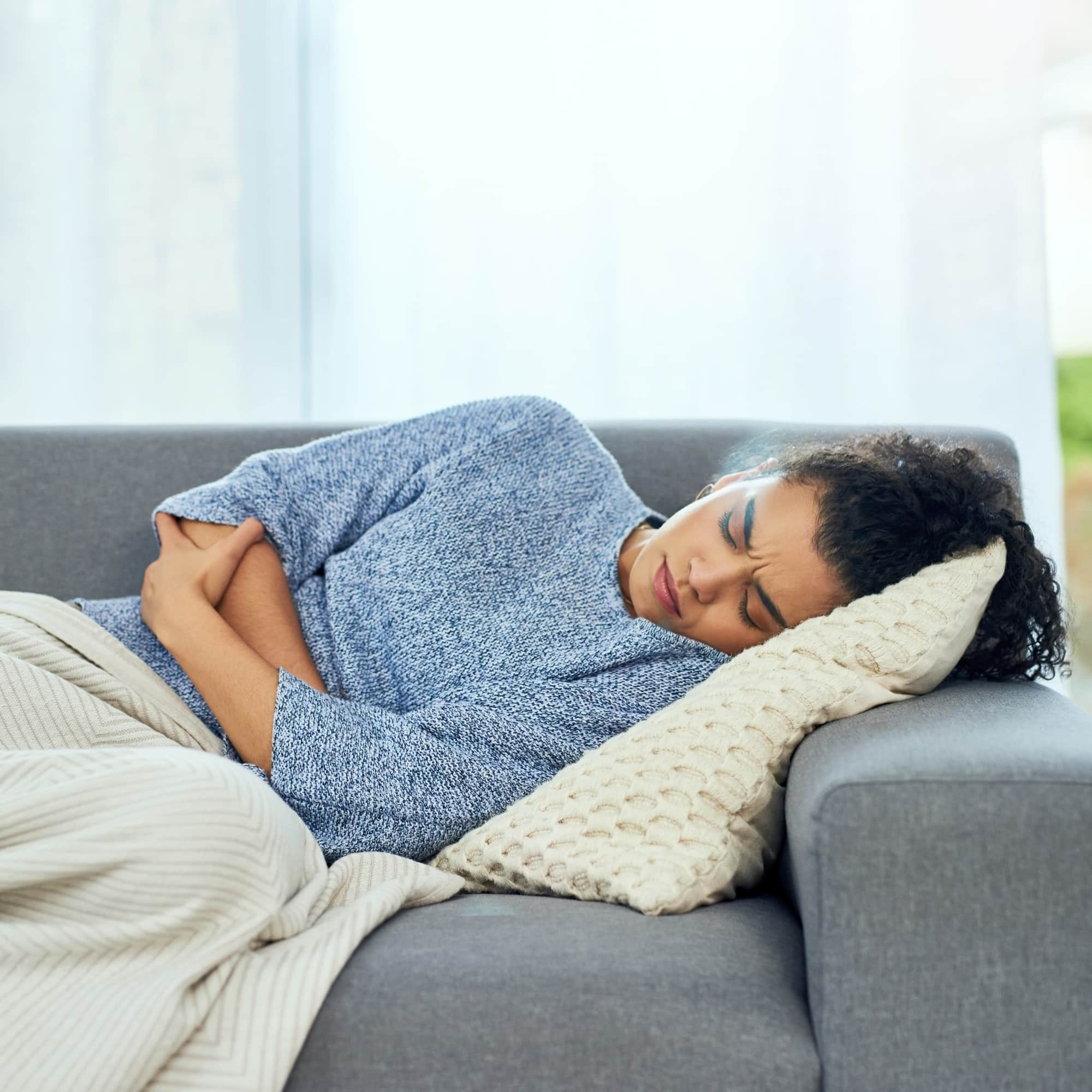
- POPSUGAR Australia
- Fitness
- If Your Period Only Lasts a Couple Days, You May Want to Talk to Your Ob-Gyn
If Your Period Only Lasts a Couple Days, You May Want to Talk to Your Ob-Gyn

Periods can be messy – both figuratively and literally – and while some months you may experience a heavier or longer period, others may be super short with minimal bleeding. But how can you tell if your period is too short, and at what point is it a sign that something more serious may be going on?
Erica Montes, MD, a board-certified ob-gyn at Honor Health Scottsdale Shea Hospital, explained that short periods lasting an average of two days can be caused by a variety of factors. Anovulatory bleeding – or bleeding that occurs despite the ovaries not releasing an egg – can be short-lived, and it may be caused by certain medical conditions, such as ovarian cysts, thyroid disease, and polycystic ovary syndrome (PCOS).
If over time you notice that your periods are getting shorter – and you’re also experiencing symptoms such as hot flashes or vaginal dryness – you may be showing signs of premature ovarian insufficiency. (This happens when the ovaries stop working normally before age 40.)
Related: Doctors Explain Why You Can't Seem to Stop Eating During Your Period
Dr. Montes explained that shorter periods don’t necessarily translate to lighter periods. “It depends on the cause,” Dr. Montes told POPSUGAR. “For example, thyroid disease and PCOS could potentially make your period heavier, whereas you might have less bleeding if you [have] premature ovarian insufficiency.”
She added that a seemingly short period can also be implantation bleeding, which takes place during the early stages of pregnancy. “Spotting often occurs at or near the time that a menstrual period would be expected,” Dr. Mones explained, meaning it might seem like you’ve started your period, when in reality, the bleeding is a result of a fertilized egg attaching to the endometrium. Dr. Montes assured that this is normal.
While bleeding for just a couple days can seem like a reprieve, it could be a sign of something more serious. Dr. Montes recommends talking to your doctor if you have three short periods in a row, or if the bleeding is so heavy that you need more than one pad in an hour, you’re experiencing severe cramps, or you develop any other new or unusual symptoms.

